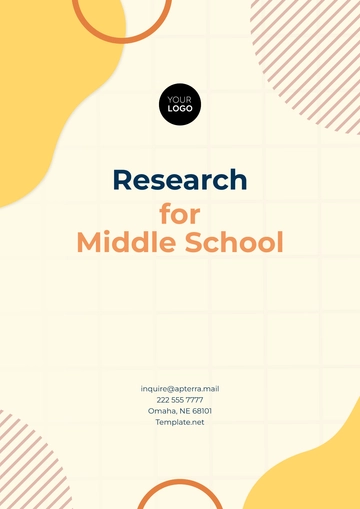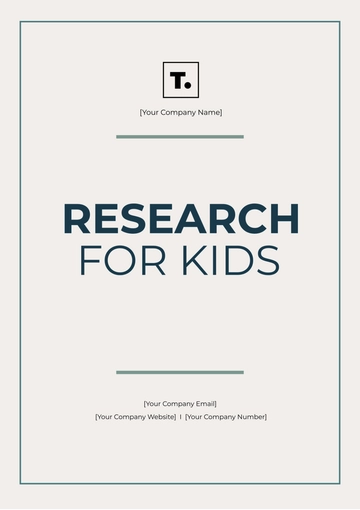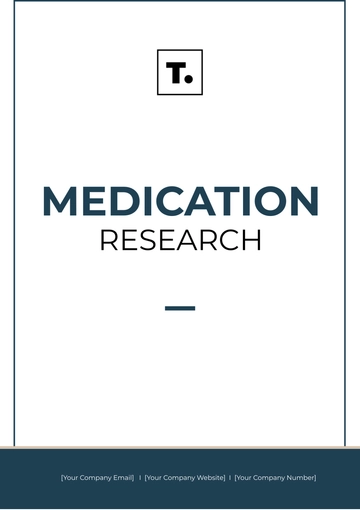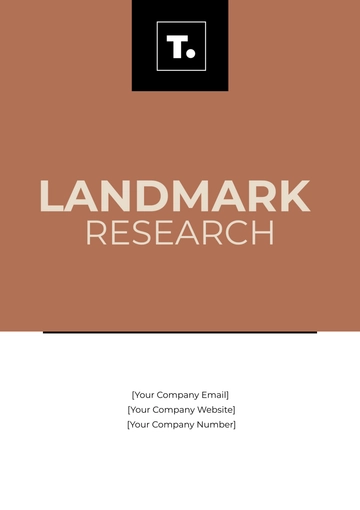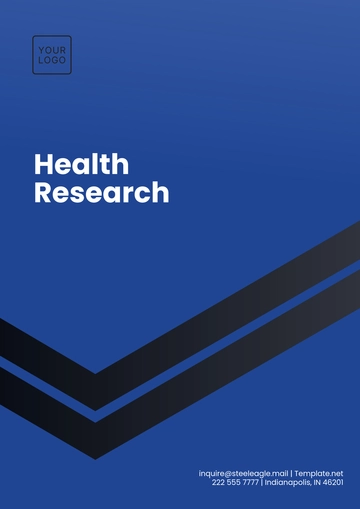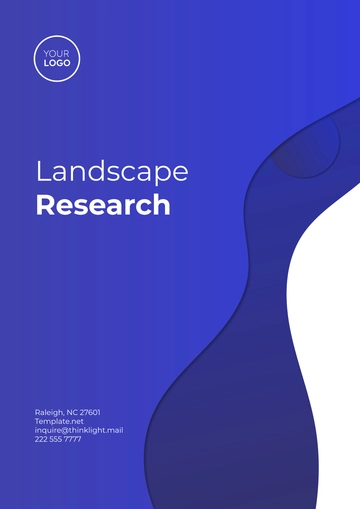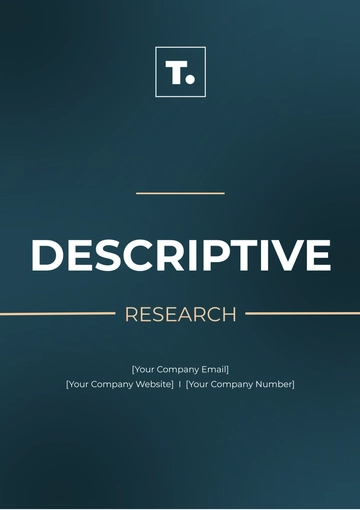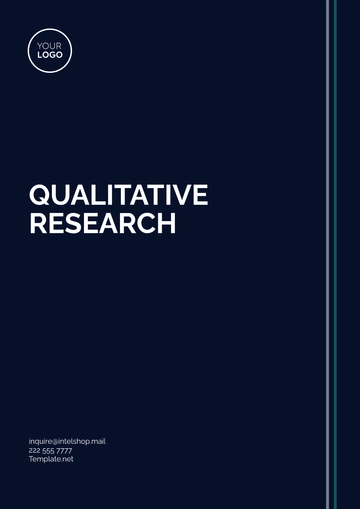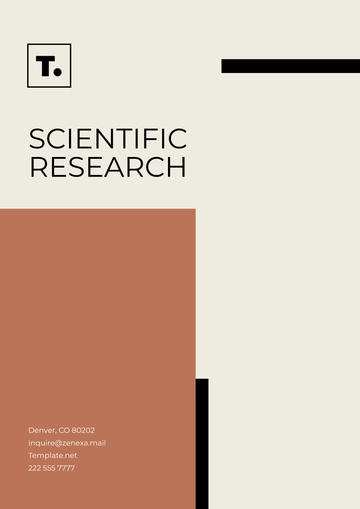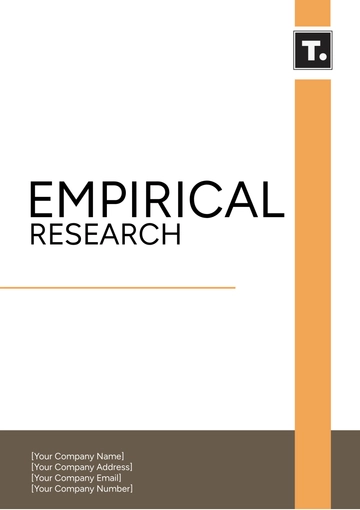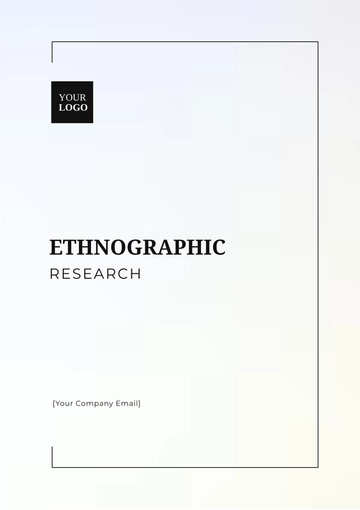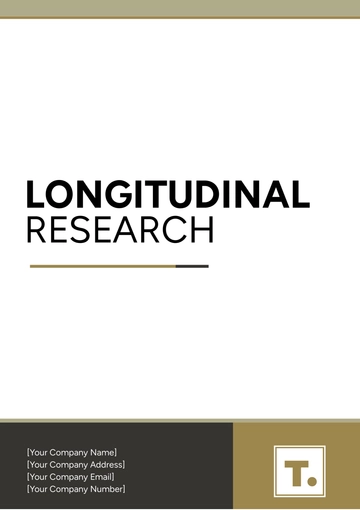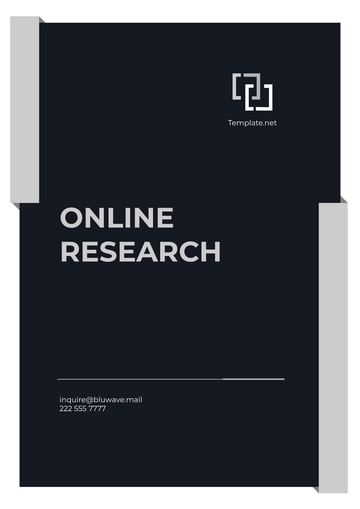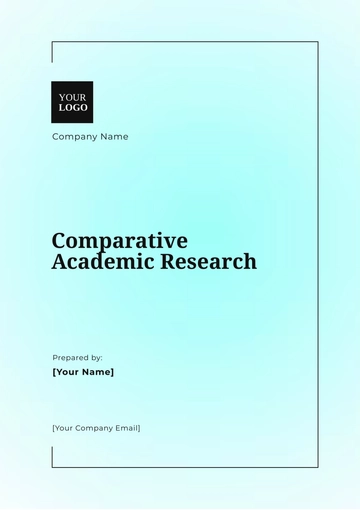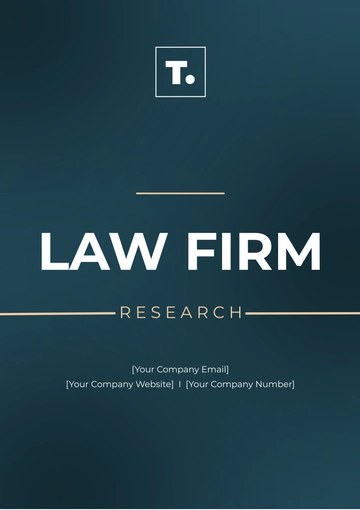Free School Library Research Ethics Guide
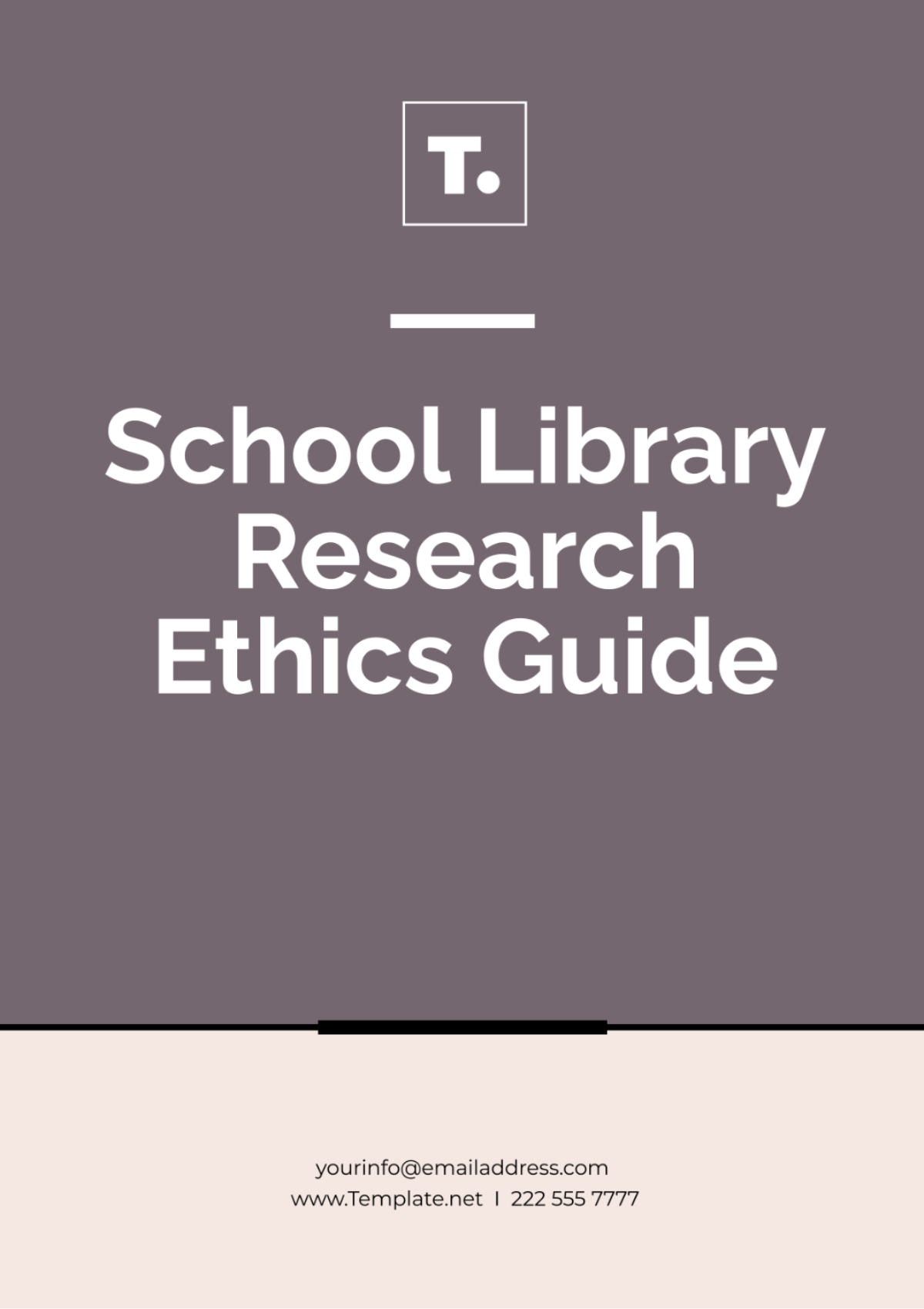
I. Introduction
Welcome to the SCHOOL LIBRARY RESEARCH ETHICS GUIDE, created by [YOUR COMPANY NAME]. This guide aims to equip students, educators, and librarians with essential knowledge on conducting ethical research. Upholding integrity, respect, and responsibility is crucial in academic endeavors. Our guide provides comprehensive information to ensure your research adheres to the highest ethical standards.
II. Principles of Research Ethics
A. Integrity
Maintaining [INTEGRITY] in research involves being honest and transparent about your methods, findings, and any potential conflicts of interest.
B. Respect for Intellectual Property
Acknowledge the work of others by citing sources properly and avoiding [PLAGIARISM]. This respects the intellectual property rights of authors and creators.
C. Confidentiality
Ensure the [CONFIDENTIALITY] of any personal or sensitive information obtained during research, following all applicable laws and guidelines.
D. Responsibility
Researchers must take [RESPONSIBILITY] for their work, ensuring it is conducted ethically and contributes positively to the body of knowledge.
III. Research Conduct
A. Planning Your Research
Define your [RESEARCH QUESTION] clearly.
Develop a structured [RESEARCH PLAN] including timelines and resources needed.
B. Data Collection
Use reliable and credible [SOURCES].
Obtain necessary [PERMISSIONS] for using proprietary or sensitive data.
C. Data Analysis
Analyze data [OBJECTIVELY], avoiding any bias.
Ensure [ACCURACY] in interpreting and presenting your findings.
IV. Citing Sources
A. Citation Styles
Familiarize yourself with different [CITATION STYLES] such as APA, MLA, and Chicago, and use the one most appropriate for your field of study.
B. Avoiding Plagiarism
Always provide [ATTRIBUTION] to original authors.
Use plagiarism detection tools to check your work.
C. Creating a Bibliography
Compile a [BIBLIOGRAPHY] that lists all the sources you have cited in your research, formatted according to the chosen citation style.
V. Using Library Resources
A. Accessing Digital Databases
Learn how to navigate and utilize [DIGITAL DATABASES] provided by your school library for reliable and scholarly information.
B. Borrowing and Returning Books
Follow the library's [BORROWING] and [RETURNING] policies to ensure resources are available for all students.
C. Librarian Assistance
Seek help from [LIBRARIANS] who can guide you in finding resources and understanding research methodologies.
VI. Ethical Issues in Digital Research
A. Internet Research Ethics
Be mindful of [ETHICAL ISSUES] when conducting research online, including privacy concerns and the credibility of online sources.
B. Social Media and Research
Understand the ethical implications of using [SOCIAL MEDIA] data, including consent and confidentiality.
VII. Professional Development
A. Workshops and Seminars
Attend [WORKSHOPS AND SEMINARS] on research ethics to stay informed about best practices and current standards.
B. Online Courses
Enroll in [ONLINE COURSES] that focus on ethical research practices and methodologies.
C. Networking with Peers
Engage in [NETWORKING] with other researchers to share insights and discuss ethical challenges.
VIII. Evaluation and Feedback
A. Self-Assessment
Regularly [SELF-ASSESS] your research practices to ensure they align with ethical standards.
B. Peer Review
Participate in [PEER REVIEW] processes to receive constructive feedback on your research ethics and methodologies.
C. Continuous Improvement
Strive for [CONTINUOUS IMPROVEMENT] in your research practices by incorporating feedback and staying updated with ethical guidelines.
IX. Conclusion
Ethical research is fundamental to academic integrity and the advancement of knowledge. By adhering to the principles and guidelines outlined in this guide, researchers can contribute responsibly and ethically to their fields of study. For more information or assistance, please contact [YOUR COMPANY NAME] at [YOUR EMAIL] or visit our website at [YOUR COMPANY WEBSITE]. Stay connected with us on social media [YOUR COMPANY SOCIAL MEDIA] for updates and resources on research ethics.
- 100% Customizable, free editor
- Access 1 Million+ Templates, photo’s & graphics
- Download or share as a template
- Click and replace photos, graphics, text, backgrounds
- Resize, crop, AI write & more
- Access advanced editor
Discover the School Library Research Ethics Guide Template on Template.net! This fully customizable and editable template ensures comprehensive guidance. Effortlessly personalize it to your needs—editable in our AI Editor Tool for a seamless experience. Ensure ethical research practices in your school library with ease!
